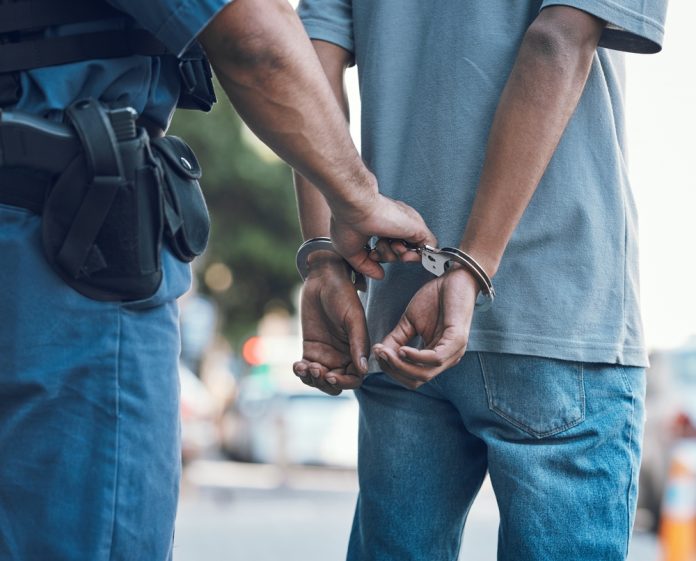
Silentó, once riding high with his viral hit “Watch Me (Whip/Nae Nae),” now faces 30 years behind bars after confessing to killing his cousin in a case that tragically showcases how fame failed to protect him from his spiraling mental health issues.
Key Takeaways
- Silentó (Ricky Lamar Hawk) received a 30-year prison sentence after pleading guilty but mentally ill to voluntary manslaughter in the 2021 fatal shooting of his cousin, Frederick Rooks.
- The one-hit wonder, whose 2015 song “Watch Me (Whip/Nae Nae)” reached #3 on Billboard, had documented mental health struggles, including a suicide attempt and multiple arrests before the killing.
- Prosecutors had evidence, including security footage, GPS data from Silentó’s BMW, and his confession 10 days after the crime.
- His plea deal reduced charges from murder to voluntary manslaughter, with additional guilty pleas for aggravated assault, firearm possession during a felony, and concealing a death.
- The case highlights the intersection of fame, mental illness, and the criminal justice system’s handling of offenders with documented psychiatric conditions.
From Viral Fame to Prison Cell
Silentó rose to fame in 2015 when his debut single “Watch Me (Whip/Nae Nae)” became a cultural phenomenon, especially on platforms like Vine, eventually reaching No. 3 on the Billboard Hot 100. The dance craze swept across America, making the then-teenager an overnight sensation. However, his inability to produce another hit of similar magnitude, coupled with mounting personal problems, appeared to take a severe toll. By 2020, Silentó’s legal troubles had begun mounting with arrests for domestic violence, assault with a deadly weapon, and an incident where he was caught speeding at 143 mph.
“Depression doesn’t leave you when you become famous, it just adds more pressure,” Silentó said.
The Fatal Incident and Investigation
On January 21, 2021, DeKalb County Police discovered Frederick Rooks with multiple gunshot wounds. The investigation quickly led to Silentó after security footage and GPS data linked his BMW to the crime scene. The rapper initially fled but confessed to the murder just 10 days later. Prosecutors built a strong case against him, leading to his eventual guilty plea. As part of a plea agreement, Silentó accepted reduced charges of voluntary manslaughter instead of murder, while a separate felony murder charge was dropped entirely.
“Over the past several years, Ricky has been suffering immensely from a series of mental illnesses,” she wrote. “We will continue in his efforts of treatment, but we ask in the meantime the public to uplift him and his family in immediate prayer & positive energy!!” Chanel Hudson.
In addition to the manslaughter charge, Silentó also pleaded guilty to aggravated assault, possession of a firearm during a felony, and concealing the death of another. The plea of “guilty but mentally ill” acknowledges that while he committed the crimes, his mental state was compromised at the time. This special plea allowed the court to consider his documented mental health issues during sentencing while still holding him accountable for his actions. He will now serve 30 years in prison, with credit for time already served since February 2021.
Mental Health Crisis and Fame’s Dark Side
Silentó’s case represents a stark example of how mental illness can intersect with the criminal justice system. Before the shooting, the rapper had been open about his struggles with depression. In 2020, he even attempted suicide, according to court records. His publicist had previously stated that he had been battling significant mental health issues for years. The court’s acceptance of his “guilty but mentally ill” plea suggests an acknowledgment of these struggles, though it did not absolve him of responsibility for the deadly shooting of his cousin.
“I’m sorry for both sides,” Rooks’ sibling
The reaction from Rooks’ family has been mixed, with some expressing sympathy for both sides of the tragedy. One of Rook’s siblings even expressed sorrow for both families affected by this situation. The case ultimately serves as a cautionary tale about the pressures of fame, the importance of mental health treatment, and how quickly a life can unravel without proper intervention. For conservatives who value personal responsibility, the case highlights the need for both accountability and appropriate mental health resources before tragedy strikes.






